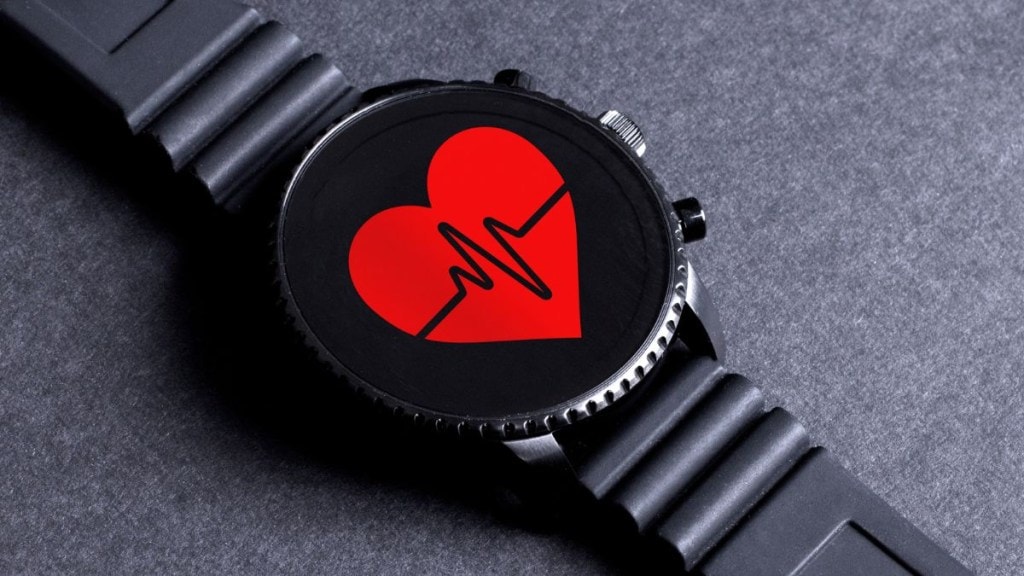A recent report from PwC explored a diverse range of themes among Indian consumers. From food safety to AI-driven personalised healthcare solutions, the report was based on a survey conducted across India with over 1000 respondents. Combining humans’ health and business needs, the report took into consideration the dynamically changing ecosystem of today.
When smartwatches became the newest workout companion, fitness enthusiasts turned to their beeping wrist for advice. “Companies developing wearable technology are empowering users to monitor their nutritional habits, diets, and calorie intake,” read the report. As trendy diets like keto and intermittent fasting quickly transform into a thing of the past, turning to AI chatbots to plan your meals has become the future of nutrition.
‘80% of consumers now use at least one healthcare app or wearable technology’
Fitness has become the newest trend among the Indian population today. From tracking your parents’ heart rate to giving your friend health advice, nutritional intelligence has become more common than ever. Using AI-driven wearable technology to your advantage includes monitoring exercise, tracking weight loss goals, and mental well-being. The PwC report revealed that 70% of consumers have already adopted this technology globally. For India, 60% are open to using AI to create personalised diet plans, and 56% are open to using it for meal planning.
As per the survey, 53% Indian respondents still indicated using wearables for exercise instruction. This not only points towards a growing interest in health-related advancement, but also a changing lifestyle. Here’s what Fittr CEO Jitendra Chouksey, also known as JC, told financialexpress.com.
‘Fitness used to mean workout hard, eat less’
For JC, wearable tech has revolutionised people’s approach to fitness. “Awareness,” being the biggest driving factor, has “put data right on their wrist or finger,” he remarked. Be it a simple step count or sleep quality, it cannot ” magically make people fitter, but it has made them more mindful,” JC told financialexpress.com. The fact that a user has access to their health data means that wearable tech quantifies the idea of fitness and increased accountability, too.
When it came to AI being your personalised nutritionist, JC saw a lot of potential in the idea. “AI can nudge you with just-in-time, personalised guidance. That reduces guesswork, helps people stick to routines longer,” he revealed in his responses. He, however, warned that “AI is only as good as the data and consistency we bring to it.” Because the responses will only depend on the prompt it receives, and ultimately the progress a person makes.
Can wearables replace personal trainers?
“A wearable can tell you what you did; a trainer helps you understand why it matters,” the Fittr CEO answered this question for financialexpress.com. Since people in fitness have very personal needs from their workout routine, a fitness planner must accommodate their limitations too. While one may do it for mental health, others will do it to get in shape. ” Fitness is not just about numbers — it’s also about motivation, empathy, and accountability,” the fitness educator remarked to financialexpress.com.
Ending on a collaborative report, JC was hopeful to the collaboration between AI and fitness trainers, and not a complete replacement. “The wearable acts like a mirror,” he added, and trainers can make the data make sense. Just like consulting medical conditions from a professional, it is wise to plan your movement involving heavy weights with a trainer. Not only to avoid blackouts, but also to protect your body from injuries.

